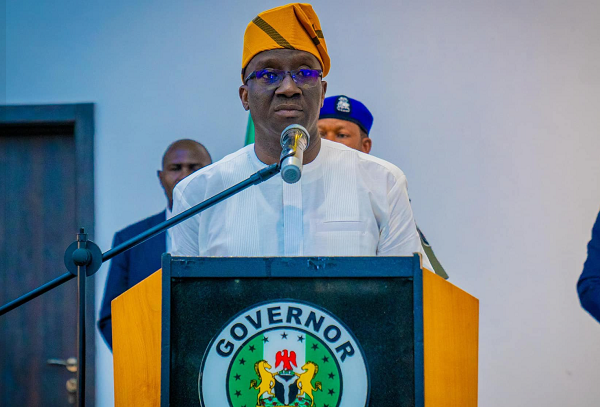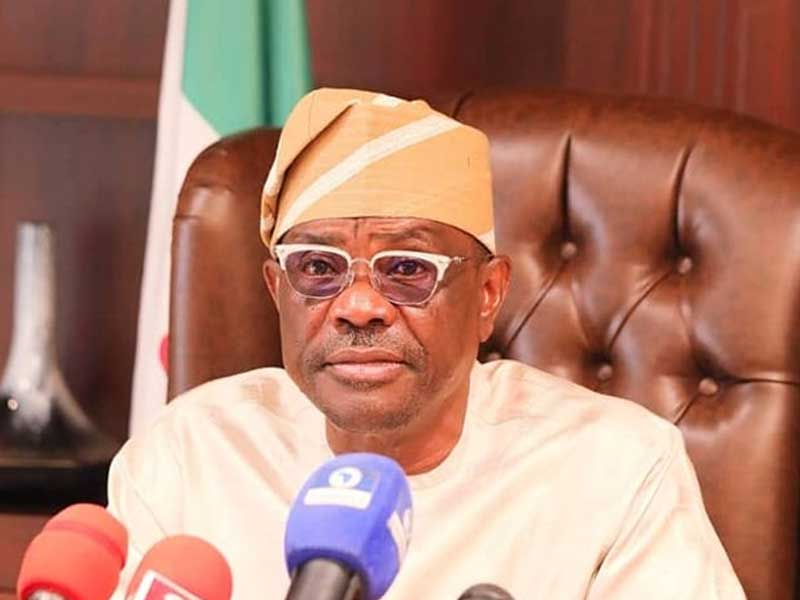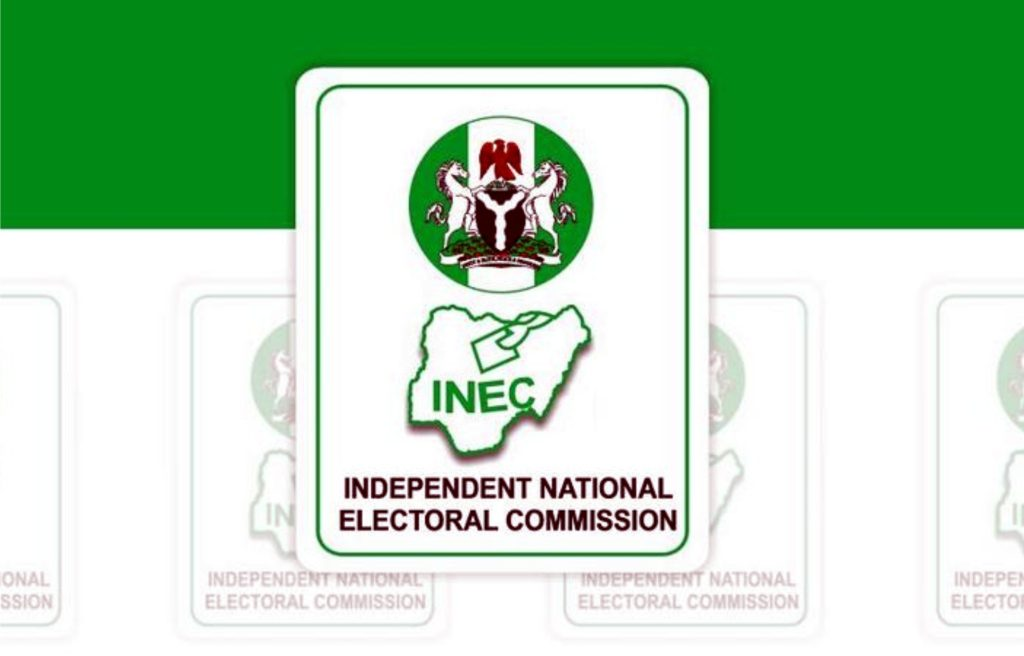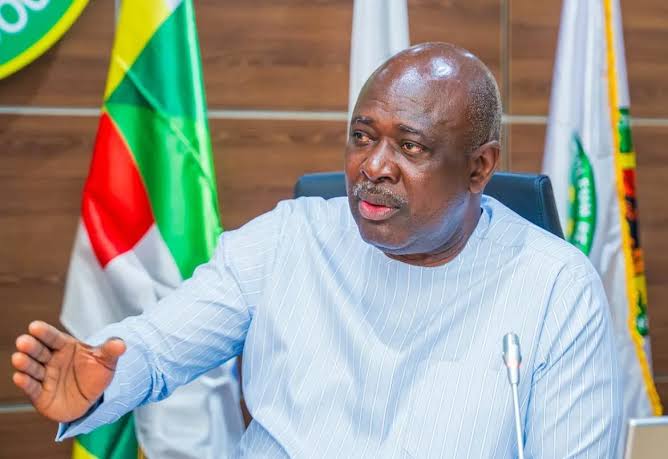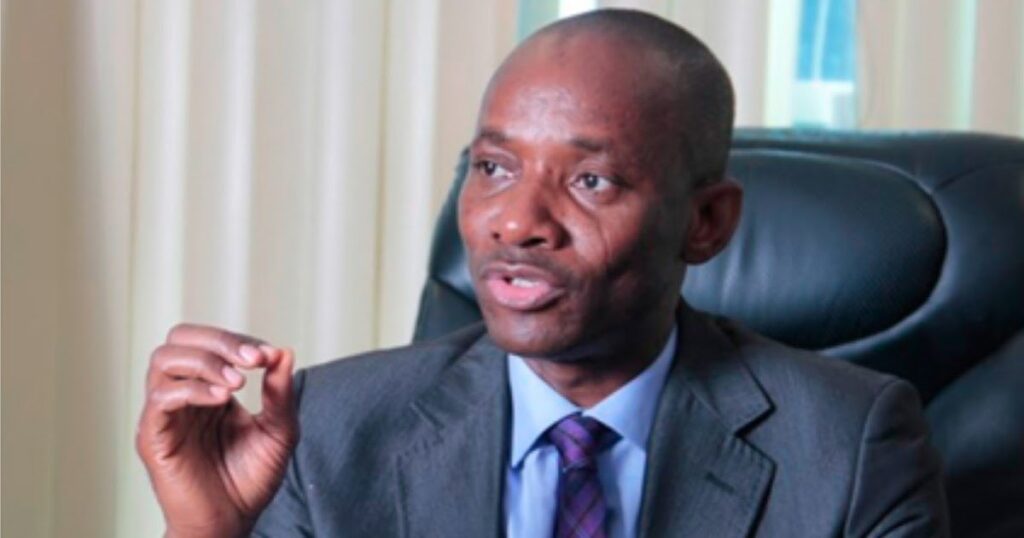The Nigerian Senate has approved President Bola Tinubu’s request for a ₦1.77 trillion ($2.2 billion) loan to partially finance the ₦9.7 trillion budget deficit for the 2024 fiscal year. The approval was granted during Wednesday’s plenary session, presided over by Deputy Senate President Barau Jibrin, following a voice vote.
The Senate Committee on Local and Foreign Debts, chaired by Senator Wammako Magatarkada (APC, Sokoto North), endorsed the borrowing plan, which is part of the 2024 Appropriation Act.
However, the new loan is expected to further strain Nigeria’s debt servicing obligations, which have already surged significantly. According to the Central Bank of Nigeria (CBN), the Federal Government spent $3.58 billion on foreign debt servicing in the first nine months of 2024, marking a 39.77% increase from $2.56 billion in the same period in 2023.
The CBN report highlights a sharp rise in monthly debt servicing expenditures for 2024. Notable figures include:
- May 2024: $854.37 million, a 286.52% increase from $221.05 million in May 2023.
- January 2024: $560.52 million, a 398.89% rise from $112.35 million in January 2023.
- April 2024: $215.20 million, up by 131.77% from $92.85 million in April 2023.
- September 2024: $515.81 million, a 17.49% increase from $439.06 million in September 2023.
Although some months recorded lower expenditures, the overall trend underscores the mounting pressure from Nigeria’s debt obligations.
The Senate’s approval of the loan has drawn criticism from economic analysts and stakeholders, who warn of the growing risk to fiscal sustainability. Many have urged the government to adopt alternative strategies for bridging budget deficits without resorting to excessive borrowing.
The escalating costs of debt servicing, coupled with Nigeria’s limited revenue base, underscore the urgent need for structural reforms. Critics argue that without addressing the root causes of the budget deficit, reliance on loans could deepen economic vulnerabilities.
The Senate’s decision emphasizes the importance of fiscal reforms to mitigate the structural challenges driving Nigeria’s borrowing needs. Proponents of fiscal discipline have called for measures to improve revenue generation, curb wasteful spending, and foster long-term economic stability.
The approval of this latest loan signals the administration’s focus on financing its ambitious budget but raises questions about the sustainability of Nigeria’s debt trajectory.









